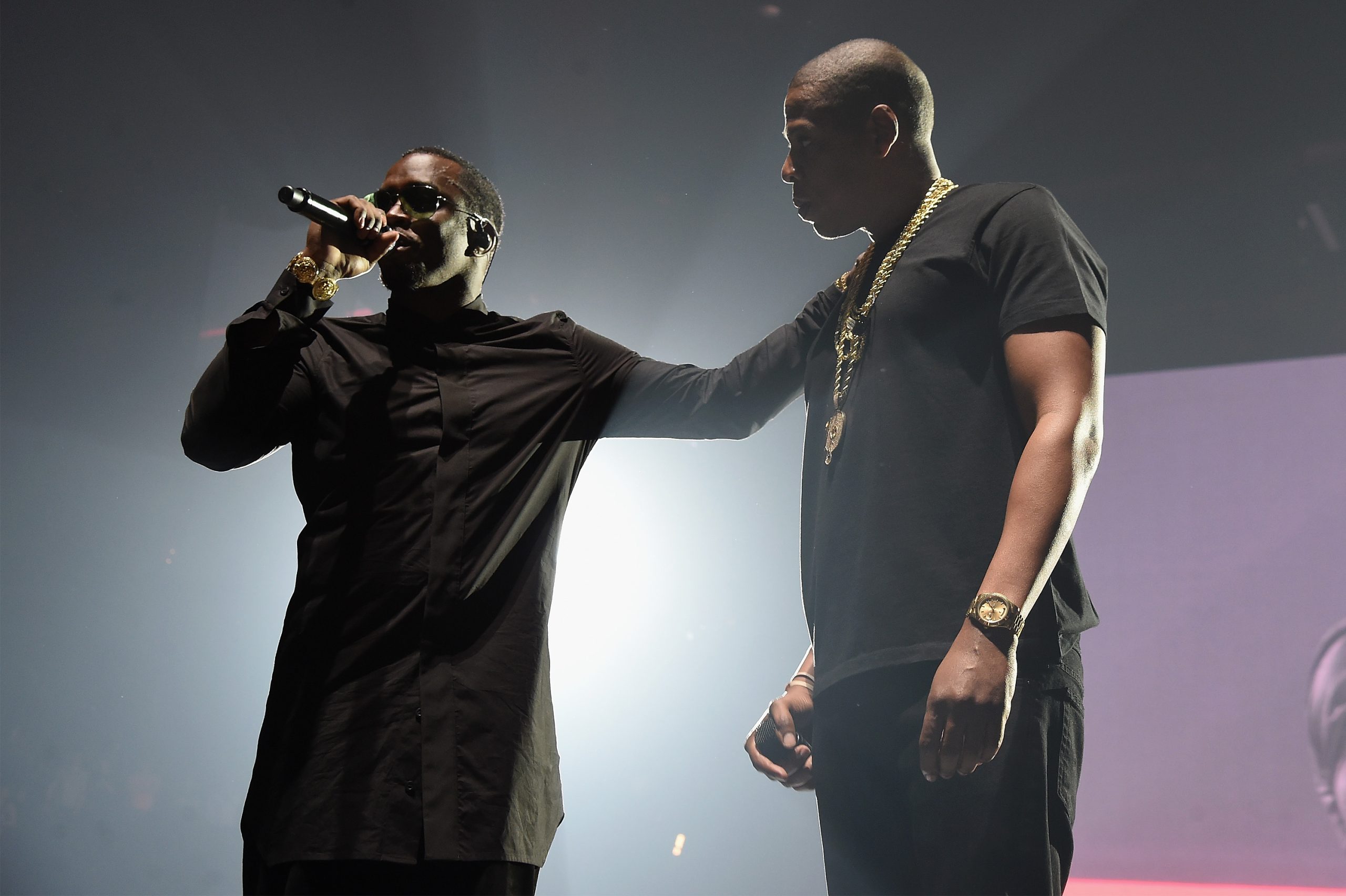In a significant legal decision that highlights the complexities surrounding privacy and high-profile allegations, a judge has ruled that the identity of a woman who has accused music moguls Jay-Z and Diddy can remain anonymous for the time being. This ruling comes amidst an ongoing legal battle that has captured the attention of both the media and the public, raising important questions about the treatment of sexual assault and harassment claims, particularly in the entertainment industry.
Background of the Case
The accusations against Jay-Z and Diddy emerged in a lawsuit filed by the unnamed woman, who alleges that she was subjected to sexual assault and harassment by both men. While the specific details of the allegations have not been fully disclosed due to the woman’s request for anonymity, the case has garnered considerable media attention, not only because of the high profiles of the accused but also due to the serious nature of the claims.
The decision to keep her identity confidential was primarily influenced by concerns about potential harassment and backlash. The woman’s legal team argued that revealing her name could lead to significant personal and professional repercussions, particularly given the immense public interest in the case. As a result, the judge ruled in favor of maintaining her anonymity, at least temporarily, while the legal proceedings unfold.
Legal Implications of Anonymity
The ruling to allow the accuser to remain anonymous is a notable development in the ongoing conversation about privacy rights in sexual assault cases. Legal experts suggest that this decision reflects a growing recognition of the need to protect individuals who come forward with allegations of sexual misconduct, especially when the accused have significant power and influence.
The entertainment industry has faced increasing scrutiny over its handling of sexual assault and harassment claims, particularly following the #MeToo movement. High-profile cases have highlighted the challenges accusers face when navigating the legal system and the public eye. Anonymity can serve as a protective measure, allowing individuals to pursue justice without fear of retaliation or social stigma.
However, some critics argue that anonymity can complicate the legal process. They contend that the accused have a right to know the identity of their accuser, which could be essential for mounting a proper defense. This tension between the rights of the accuser and the accused continues to be a contentious issue in legal circles, with courts often grappling with the need to balance privacy concerns with due process rights.
The Broader Context
This case also reflects broader societal challenges surrounding sexual assault and harassment allegations. Many individuals are reluctant to come forward due to fear of not being believed or facing severe backlash. The ruling in this case may encourage other victims to speak out, knowing that their identities may be protected during legal proceedings.
Moreover, the presence of high-profile figures like Jay-Z and Diddy adds another layer of complexity to the case. The power dynamics at play in such situations can deter individuals from pursuing legal action, fearing that they will not be taken seriously or that their claims will be dismissed due to the influence of the accused. Keeping the accuser’s identity confidential may help mitigate these fears and create a safer environment for victims to share their stories.
The Future of the Case
As the case progresses, the implications of the judge’s ruling will be closely monitored. The decision to allow the accuser to remain anonymous is not permanent; further hearings will likely address the ongoing issues of privacy and transparency in the context of the legal proceedings. Depending on how the case unfolds, there may be opportunities for both sides to present their arguments regarding the necessity of anonymity.
The public will continue to watch this case closely, not just for the specific allegations against Jay-Z and Diddy but for what it represents in the larger dialogue about sexual assault and the challenges faced by those who seek justice. The ruling may set important precedents for future cases, influencing how courts handle requests for anonymity and the rights of all parties involved.
Conclusion
In conclusion, the decision to allow the accuser in the Jay-Z and Diddy case to remain anonymous underscores the ongoing challenges in addressing sexual assault and harassment claims, especially in high-profile situations. As the legal proceedings continue, this case will likely serve as a critical point of reference in discussions about privacy rights, the treatment of accusers, and the broader societal issues surrounding sexual misconduct in the entertainment industry. The outcome will not only affect the individuals involved but may also have far-reaching implications for how similar cases are handled in the future.



